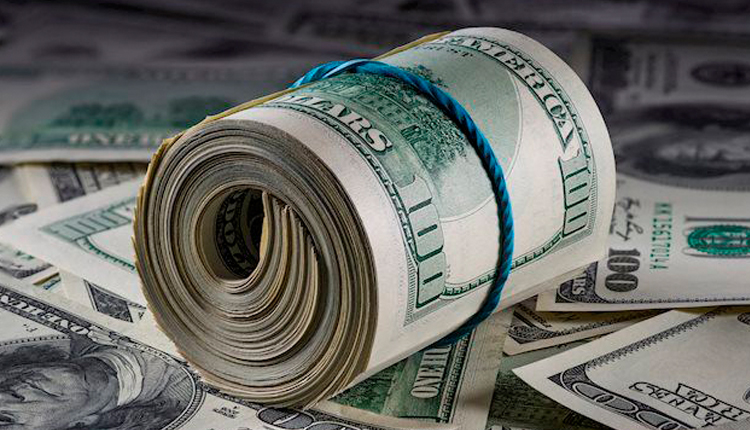Dollar was supported on Monday in cautious trade as worries of an immediate widening of the Sino-U.S. trade war eased and markets awaited the latest Chinese manufacturing data for a glimpse into the health of the world’s second-largest economy.
The greenback was steady against most major currencies, rising marginally against the Japanese yen to buy 107.94 yen, flat against the euro and slightly weaker on British pound, to trade at $1.0936 per euro and $1.2292 per pound.
The New Zealand dollar was knocked by diving business confidence, while its Australian counterpart drifted lower as dovish expectations build ahead of a central bank meeting on Tuesday.
Three sources had told Reuters on Friday that the U.S. Administration was mulling de-listing Chinese companies from U.S. stock markets.
The reports initially sent major stock indices and the Chinese yuan slipping, but losses were pared as it became clearer that a decision on such moves was not imminent. On Saturday a U.S. Treasury official said such ideas were not being contemplated “at this time”.
“The tensions between the U.S. and China are certainly now multi-dimensional,” said Rodrigo Catril, senior forex strategist at National Australia Bank in Sydney. “It’s not just about trade or buying more soy beans … it’s about the structural tensions that exist between those two countries.
“Now there is a capital war angle,” he said, adding that currency market reaction was modest, because the ideas were only proposals.
Traders are expecting fewer trade-war headlines during the week, Catril said, since China has a week-long holiday beginning on Tuesday, which marks the 70th anniversary of the People’s Republic of China.
The Chinese yuan, the most sensitive to trade tensions, trod water at 7.1361 per dollar in offshore trade ahead of the release of Chinese factory activity surveys around 0100 GMT.
The figures are expected to show a fifth straight month of contraction.
Against a basket of currencies the dollar was flat around 99.100. The dollar greenback firmed a little against the Australian and New Zealand dollars. The kiwi slipped 0.2% $0.6280 after a gauge of national business confidence fell.
The Aussie edged down to $0.6764.
Financial markets are now pricing in a better-than 70 percent chance of the Reserve Bank of Australia reducing the cash rate for the third time this year to 0.75 percent at its October 1 board meeting, while most economists also expect a cut.
“There is a view to sell AUD on the idea the RBA is to cut,” said Chris Weston, head of research at brokerage Pepperstone Group in Melbourne.
″(But) given what’s priced, if the bank cut, the AUD downside should be limited. So, the extent of any selling will also be driven by the RBA’s tone and outlook,” he said.
Source: Reuters
